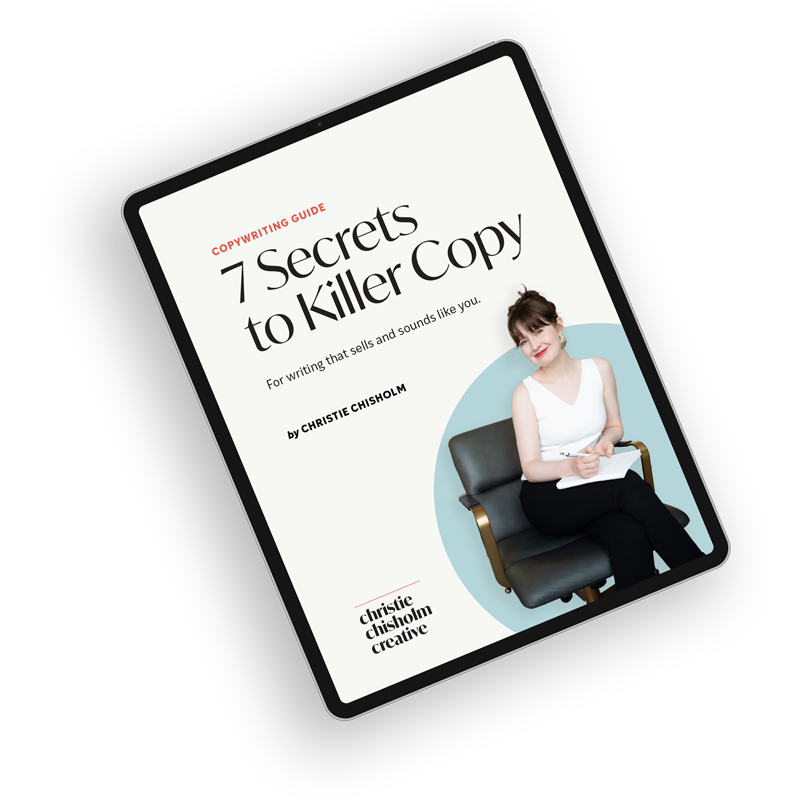It was 3:30 on a Friday afternoon about seven months ago when I was told I no longer had a job. The exact phrasing was that my position was “being eliminated”—the it’s not you, it’s me of occupational breakups. Being laid off feels reminiscent of yet another man telling you he doesn’t have what it takes to continue a relationship, be it emotionally or, with employers, financially. (Sorry, but it’s usually a man.) In one scenario, he has to find himself. In the other, he has to find money in the budget. Sometimes, in either case, he really just wants to find someone new.
It’s still surprising to me, all these months later, how much a layoff is like a breakup, how much it feels like getting dumped, and not because you did something wrong, but because they can’t seem to get it right.
This is not a sad story. Breakups are not entirely bad. In fact, in the long run, the scales of breakup justice usually dip toward the positive. There’s always a reason it wasn’t working.
I’ve spent the past decade and a half in journalism. It is an industry now legendary for budget cuts, mass layoffs, bureau closings, buyouts, and the shuttering of entire organizations—the culprit being bankruptcy or, in the case of certain billionaires, spite. I began reporting in 2004, long past the industry’s financial heyday, if you can argue it ever had one, but also before the Great Reckoning of 2008. My first year in the news business, only a handful of newspapers were online, and most had paywalls. The word “blog” had only first appeared in Merriam-Webster five years earlier, and most outlets still had no idea what to do with one.
The industry knew it was in trouble, but it had no idea what was to come. And yet, somehow, over the next 15 years as I made my way through that landmine-laden field, I survived without incident. Sure, I struggled to pay my rent through most of those years, but I wasn’t alone. It was a sadly accepted reality of the job. We had work, it just never paid enough. We did it for other reasons—truth or glory or pride or love, foolishly or bravely or both, we stayed knowing full well how we would be compensated and what it would mean for our lives. I probably stayed for a bit of all of the above, but I stayed because I chose it. A stray bullet never grazed me; no landmines were triggered along my path. I stayed in a job until it was time to do something else, and when I walked out the door, I was never pushed.
It is usually through the tumult of the aftershock, the wayward healing, the throbbing of a phantom limb, that you learn who you are apart from that entity, once more.
And so when I was called into my editor’s office that Friday afternoon—as I happened to be putting the finishing touches on a document that described how to do a fair amount of my job, since it involved a publishing process that included a considerable number of people and pieces, and I was the only one who really knew how it all fit together—I expected a typical request, something about a new project or assignment or help needed for an upcoming event. I did not expect to be told my position was being eliminated; that I, in essence, was being eliminated. I didn’t even know that particular landmine was lurking.
My response, at first, was a word. “Really?”
Stunned, after an awkward and perfunctory conversation, I went to HR, had another surreal interaction regarding severance and contracts, and then returned to the office to tell my coworkers the news and pack my things. Since it was a late-Friday afternoon in June, most people were out. There were hugs, a carousel of pitying looks. I walked out the door and felt pushed.
My official last day of employment was June 30, the final day of the fiscal year and, coincidentally, the anniversary of my mother’s death. Another anniversary—the one signaling the completion of five years at my job—would have been August 15.
The truth is I had been thinking about leaving. Five years can feel like a long time, and in some respects, it is. Relationships plateau. Sometimes you end things, or think about ending them, not for lack of love but for lack of a certain kind of love. Sometimes you go in search of a potent unknown. Perhaps you think about leaving and someone else opens the door for you. You might feel relieved or even peculiarly grateful because it saved you from having to open it yourself. But even when part of the severing feels like freedom, another just feels like amputation.
I understand breakups. You don’t get to be a single woman living in New York in your 30s without developing a familiarity with the event. I know breakups big and small, longterm and fleeting, long-distance and around-the-corner. I know how to nurse those wounds, although some require more deftness than others. I know how to steady my breath, even when it takes months or, occasionally, years. I have walked friends through their own breakups, cried with them and listened and baked cakes and heard the pop of countless bottles of wine as their lips met the air. I have done the breaking and been broken. But I had never been dumped by my job.
The rituals resemble each other. You avoid social media accounts. Put objects bearing faces or names into a drawer, or trashcan. Burn sage. Exercise. Go on a flurry of dates, also known as interviews, knowing they’re all wrong but do it anyway because you’re told by absolutely everyone that it’s good for you. Clean your house. Turn the music up louder than you should in a Brooklyn apartment, except it’s the middle of a weekday and no one knows, or therefore cares.
The pangs mirror each other as well. You hear a name and your chest caves. You are given updates by some common party and you realize that even though you say you want them to be happy, you don’t want the details. You also realize that you do not, in fact, want them to be happy because you are far too hurt for any relative maturity, but you keep it to yourself. You ponder the effect you may have had on their life, as well as theirs on yours, spend hours considering the coevolution relationships bring. And then there are the dreams, which swell from some cold cavern of the id, persistent and strained and often cruel. You wonder when your subconscious will release the haunting.
It is usually through the tumult of the aftershock, the wayward healing, the throbbing of a phantom limb, that you learn who you are apart from that entity, once more. You unscramble what comes next.
Not long after I walked through that door-someone-else-had-opened, I decided I wasn’t going to look for another job, but that I would make one. I was working for myself when I moved to New York for grad-school-and-a-new-life six years ago, and I hadn’t planned on stopping. But breaking for school and then acknowledging the new financial reality of this city made a sabbatical from self-employment not only desirable, but wise.
It wasn’t until this summer when my daily rhythms changed that I realized how much I had missed it. I stopped looking for jobs and started taking courses on starting a sole proprietorship in New York State. It’s still getting its legs, but I’ve established a little writing consulting and coaching business, and soon I’ll be publishing some online writing and editing courses. I’ve also unearthed this letter, which feels something like coming home. My dog is thrilled.
Like so many of the tragedies, small or shattering, that pockmark our lives, for the pain or embarrassment we endure we are usually gifted something in exchange, be it wisdom or a new life or a sense of previously unperceived strength. I wouldn’t have chosen to be laid off, as much as I recognize the good it did me. It is possible to be at once angry and grateful. People want to be pushed out a door about as much as they want an audience when they trip and fall. It is a minor, if pungent, humiliation. You’d rather exit the stage with some grace.
The real grace, of course, is less about ego and more about standing up, tending your wounds, and finding steadier terrain, until it is, once again, time for someplace new.






0 Comments